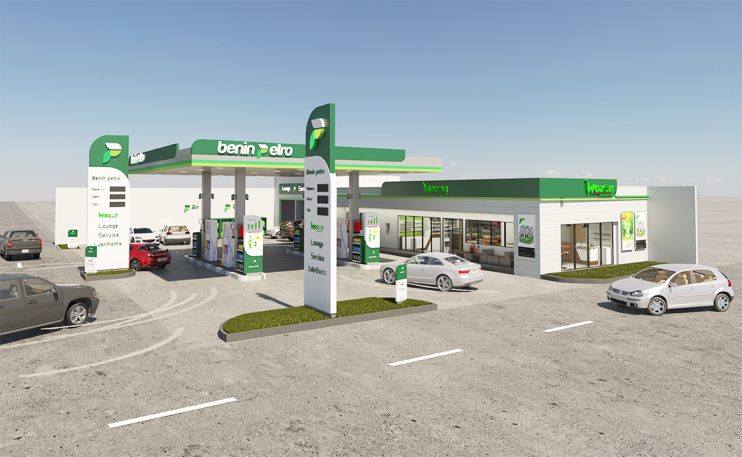Portal hypertension is a problem identified by abnormally hypertension within the portal venous system, which makes up the capillaries that carry blood from the digestive body organs to the liver. It’s a serious problem that can have substantial health implications if left neglected. In this short article, we will discover the causes, signs, diaform plus and treatment options offered for portal hypertension.
Reasons For Portal Hypertension
Portal high blood pressure can create as an outcome of different underlying liver illness and problems depanten that prevent the normal flow of blood via the liver. Some of the principal root causes of portal hypertension include:
- Liver Cirrhosis: One of the most usual source of portal hypertension is liver cirrhosis, a condition defined by the scarring and damage to liver cells. Cirrhosis can be triggered by chronic alcohol abuse, hepatitis B or C infection, nonalcoholic fatty liver condition (NAFLD), or autoimmune liver illness.
- Apoplexy: Blood clots or blockages in the portal veins can hamper blood circulation, causing increased stress. Apoplexy can happen due to conditions such as liver cancer, pancreatitis, or underlying blood clotting problems.
- Biliary System Blockage: Narrowing or blockage of the bile air ducts, which carry bile from the liver to the intestine, can generate portal hypertension. This can be triggered by conditions like gallstones, growths, or inflammation.
- Site Capillary Stenosis: Narrowing of the portal capillary (portal vein constriction) can result from hereditary problems, trauma, or previous operations, causing portal hypertension.
Signs of Portal High Blood Pressure
Portal hypertension commonly presents with symptoms that arise from the enhanced pressure in the portal venous system and the issues developing from it. Typical signs and symptoms include:
- Variceal Blood Loss: Among the most significant risks related to portal hypertension is the advancement of varices, which are enlarged capillaries in the esophagus or stomach. Varices can burst and also trigger severe bleeding, resulting in symptoms such as throwing up blood, black feceses, and lightheadedness.
- Ascites: Portal high blood pressure can result in the build-up of fluid in the abdominal area, a condition known as ascites. This can trigger stomach swelling, discomfort, and trouble breathing.
- Encephalopathy: In sophisticated instances of portal high blood pressure, contaminants that are usually filtered by the liver can build up in the bloodstream and affect mind feature, causing signs and symptoms such as confusion, forgetfulness, as well as modified awareness.
- Splenomegaly: Increased stress in the portal blood vessels can cause the spleen to enlarge, causing signs like easy discoloration, fatigue, as well as constant infections.
Therapy Choices for Portal High Blood Pressure
The treatment of portal hypertension aims to handle the underlying reason, reduce signs and symptoms, and also stop problems. The certain therapy technique depends on the severity and underlying condition triggering the high blood pressure. Some commonly used therapy choices include:
- Medications: Particular drugs, such as beta-blockers and nitrates, can help in reducing portal pressure and minimize the danger of variceal blood loss.
- Endoscopic Treatments: Endoscopy is frequently made use of to identify and deal with varices. Strategies like band ligation or sclerotherapy can be employed to prevent variceal blood loss.
- Transjugular Intrahepatic Portosystemic Shunt (TIPS): In instances where medicine as well as endoscopic therapies are inefficient, suggestions procedure might be advised. TIPS includes developing a shunt within the liver to redirect blood flow as well as minimize stress.
- Liver Hair transplant: For individuals with advanced liver illness and extreme portal hypertension, liver transplantation may be the most practical long-term treatment alternative.
Final thought
Portal high blood pressure is a complex condition that needs prompt medical diagnosis as well as appropriate monitoring. Comprehending the reasons, identifying the signs, and also checking out the readily available therapy options are critical in ensuring optimum results for people influenced by this problem. If you think portal high blood pressure or are experiencing related symptoms, it is essential to talk to a health care professional for exact diagnosis and personalized treatment.


